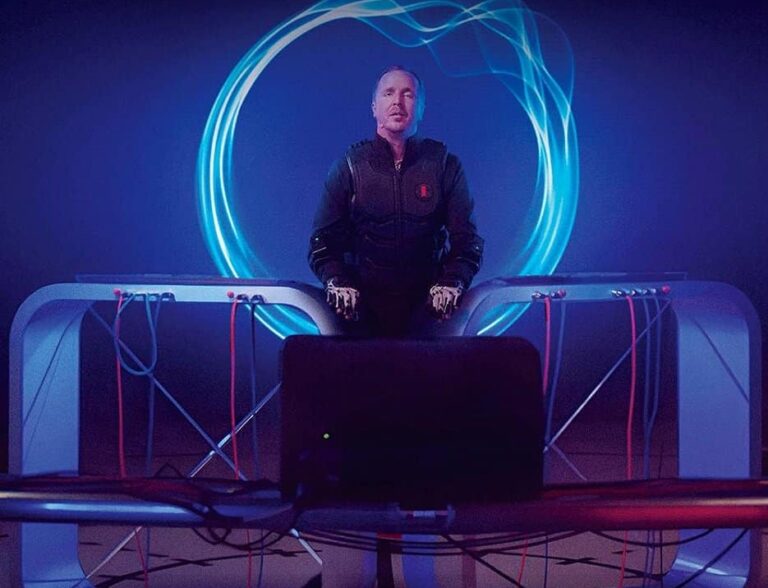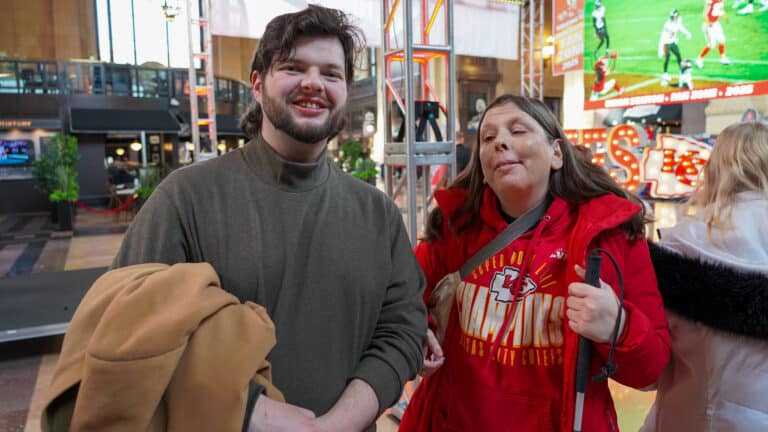Through Our Eyes: Books Help Me See

This edition of “Through Our Eyes” is dedicated to my older sister, Dr. Alexis Black, who taught me that I would be able to see if I just opened a book.
“I cannot live without books.” Thomas Jefferson.
The room was dimly lit, all lamps and light fixtures having been extinguished hours before, with the only feeble light coming from a flickering fire – which at this late hour was more coals then flames – with its dwindling light casting shadows over the armchairs, end tables, a coffee table, and a large sofa.
Outside the windows was that kind of darkness that only winter can bring. The moon shone off freshly fallen snow which, in turn casts off its own illumination, so the night could not truly be called darkness at all.
At about age 16, I sat in an armchair next to the diminishing fire, with a large book open across my lap. I could not see the snow falling outside the windows, but I could hear its gentle “tick, tick, tick” on the glass panes. I could not see the orange and red coals of the fire next to me, but I could feel the comforting heat that enveloped me as I sat in my chair. The book that laid open across my lap was J. R. R. Tolkien’s “The Fellowship of the Ring,” and I read this story not with my eyes, but with the tips of my fingers, and while I was still blind in my parents’ living room, in Tolkien’s Middle Earth, I could see.
“I can not remember the books I have read any more than the meals I have eaten; even so, they have made me.” Ralph Waldo Emerson.
In my short 37 years as a blind man, I have noticed a phenomenon in the blind and visually impaired community. At risk of over generalizing, I have observed that most people with vision loss have a passion for reading. While I’m sure I have met one, I am hard pressed to think of a blind or visually impaired person I have known that is not totally enthralled by a good book. And there are a couple of theories as to why this seems to be the case.
I once met a man who worked primarily with people with vision loss, and he observed that in a lot of cases, blind people are only taught to do two things: to watch TV and read. Perhaps that is because some are under the false impression that that is all they are capable of doing. While sadly I have no doubt that this is the case for some, I and many others I know are living proof that it is not so for all. My theory as to why reading seems to be such a passion among those with vision loss is quite simple … it lets them see.
“A book is proof that humans are capable of working magic.” Carl Sagan.
From the time I started reading books as a small child, to the books I read today just a few years shy of 40, books help me see the world more than any other medium I can think of. It is not in visually observing the world around me that I have a vivid concept of what things look like. Nor is it from anything found in photographs, paintings, television, or movies. All the knowledge I possess of what nature looks like, the visualizations of a lush forest, a breathtaking mountain peak, a calm babbling river, all of those come from J. R. R. Tolkien. My sister has said to me before, “I can’t read The Lord of the Rings, because Tolkien describes every blade of grass.” To which I respond, “I know, that is why I love him.”

Thanks to Sir Arthur Conan Doyal and his creation Sherlock Holmes, I can imagine and visualize the foggy lamp lit streets of London. Thanks to Alexandre Dumbas and the Count of Monte Cristo, I have walked the busy streets of Paris and Rome, and my gratitude to Isaac Asimov, James S. A. Corey and Dan Simmons for opening my mind to the vast reaches of outer space and its many planets. To put it another way, when someone who is visually impaired or blind gets lost in a book, it is because they are departing a world where they can’t see, and immersing themselves in a world where they can, and once they return, they might have just a bit more of a visual concept of the world around them then they did before.
“Books are a uniquely portable magic.” Stephen King.
As I was growing up, a braille book was my constant companion, but for reasons both practical and logistical, a braille book isn’t always the best option for the reader with vision loss. Please don’t misunderstand me, reading braille is an art form, an incredibly valuable skill, but when 5-10 large braille volumes are the equivalent of one print novel, then storage and the convenience of traveling with a book becomes an issue. Thankfully, modern technology has greatly assisted with that. As a kid, I would listen to audio books only at home, but now as an adult, (rather than carrying around a portion of one novel with me) I literally walk around with a library in my pocket. There are many resources for the reader with vision loss to acquire books, both in braille and audio formats.

To my knowledge, most if not all 50 states have a library for the blind. In my home state of Missouri, that happens to be the Wolfner Library for the Blind. These libraries are completely free to those with vision loss, and they can ship everything from braille books to audio books in digital format, digital audio book players known as National Library Services, and more. The Wolfner Library for the Blind also utilizes the BARD app, which allows their collection of audio books to be directly downloaded to a cell phone, much like the national Libby app that is used by public libraries all over the country.
There is a website called bookshare.org that, for a membership cost, (unless you are a student) you can download audio books on to a cell phone or other device like a Victor Reader Stream, and I have also been told that Kindles are compatible with screen reading software.
My preferred method is Audible. While Audible is also a subscription service, it has a staggering number of books, fantastic narrators, and many books have a full cast, sound effects and a music score.
Thanks to the development of modern technology, there is no reason why every book worm with vision loss can’t have an entire library in their pocket.
“You can never get a cup of tea large enough or a book long enough to suit me.” C. S. Lewis.
Now, more than 20 years have passed since I first read Tolkien by that fireplace. I now sit on my back deck of the home that I own – or the recliner in my basement when the weather gets cold – a lit candle next to me and a hot mug of tea at my elbow, while the headphones on my ears transports me to worlds of science fiction, fantasy and mystery, and in these worlds I do not have a cane. In these worlds I do not have to wonder what things look like because, in these worlds – in those words – I can see.





